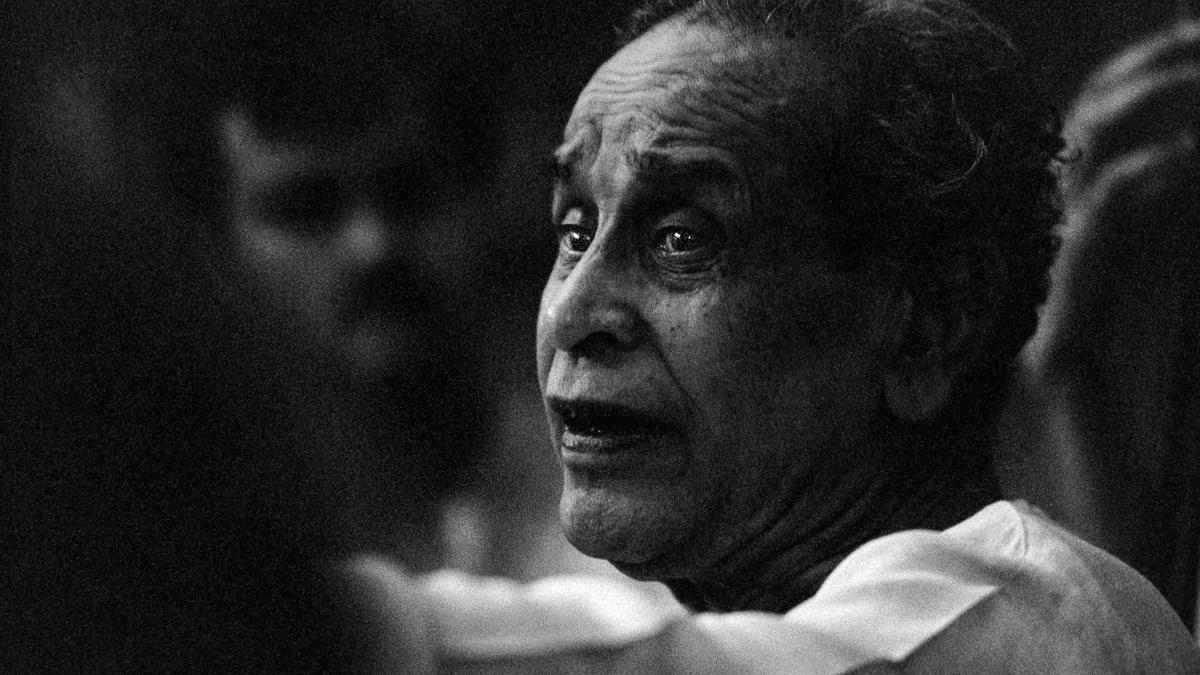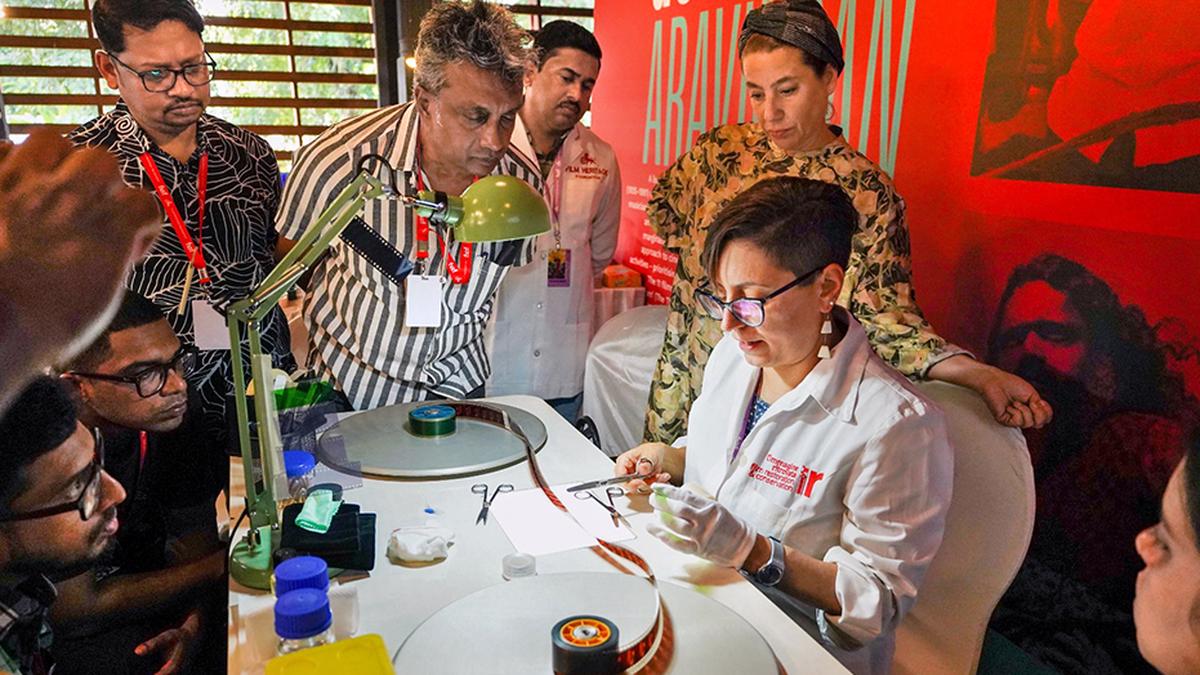Delhi University (DU) has been conducting a series of public awareness webinars to explain the CUET-based admission process at the university. The third day of the webinar was on admissions under extra-curricular activities numerary quota.
The panel requested the aspiring candidates to constantly refer to the DU website and check for details such as reporting dates and timings and the venue for trials after the end of Phase 2. Queries post the trials will not be entertained.
Here is all you need to know about the admissions through the ECA quota:
1. What activities are considered by DU for admission under the ECA Quota?
ECA admissions are available under 14 categories: creative writing, dance, debate, digital media, fine arts, music (vocal), music (instrumental: Indian), music (instrumental: western), theatre, quiz, NCC, NSS, and, yoga, along with several subcategories. Divinity as an ECA is only applicable for Sikh minority colleges.
2. How are ECA marks calculated?
The candidate’s CEM (Combined ECA Merit Score) will be considered. It will be calculated on the following grounds: a summation of 25 per cent of the highest programme-specific CUET percentage score and 75 per cent of the highest ECA score obtained from the ECA categories for which they are being considered. For all categories except NCC and NSS, 60 marks will be based on physical trials and 15 marks will be awarded based on certificates
The marking criteria will be objective and candidates will be awarded marks before the Jury. Candidates will have to countersign the marks being awarded based on certificate marking in the presence of the evaluation team during the trials. No grievances will be entertained later with respect to the marking of the certificates, except in NCC and NSS categories.
3. Are trials mandatory for all candidates?
Physical trials will be conducted for all categories except NCC and NSS and the uploaded certificates must be brought for the offline trials. No new certificates will be entertained.
4. How many categories can a candidate apply to?
Candidates can apply to a maximum of 3 ECA Categories but admission will be granted under only one category. Candidates are requested to look at the college-wise ECA seat matrix and availability of ECA categories across colleges before filling in the preferences. Students are advised not to waste their preferences.
5. What are the certificate evaluation criteria for 12 categories except for NCC and NSS?
For each ECA category that candidates apply to, they must upload a maximum of the best five certificates issued between April 1, 2017, and June 30, 2022, out of which the best 3 certificates will be considered for marking. The 15 marks awarded for certificates will be based on the candidate’s performance under four different criteria. The list of maximum marks that can be attained is mentioned against each criterion:
a) Participation/prizes in competitions
b) Training/examinations
c) Workshops
d) Performance/published works/exhibition (public)
YouTube uploads and other paid activities that have not been evaluated will not be counted as a public performance.
In the absence of clearly specified details as mentioned in the guidelines, the lowest level and duration will be considered, and it shall be taken as a group activity. And in light of the pandemic, certificates of online activities will be considered for those specific years.
6. What are the certificate evaluation criteria for NCC and NSS?
The 75 marks awarded for NCC will be based on the candidate’s performance under five different criteria: regular activities, examinations, camps, special Camps, and participation in RD/PM/CM rally.
Similarly, for NSS, the five different criteria are regular activities, working hours for regular social activities, national camps, any special camps, pre-RD camp/special activity-based state camp/ Covid-19 activity camp of more than three weeks.
7. How will the seat allocation be carried out?
a) The seat allocation will be on the basis of the CEM ranks of the candidate, given they must have scored at least 30 marks out of 75 in the given ECA category.
b) Preferences of programme and college combinations selected by the candidate.
c) The availability of seats in the chosen ECA category in a college.
d) Upon the allocation of a seat in any round of ECA, candidates must accept the allocation in order to be considered for upgradation. The procedure for freezing/upgrading the seat will be as per the allocation policies of the university.
8. What about the tie-breaking situation?
In case of a tie-breaking situation, except for NCC and NSS where two or more candidates may have the same CEM score, the following measures will be taken:
a) Candidates with higher marks in the given ECA category/subcategory’s physical trial will be given a preference.
b) Candidates with a higher score on the best certificate will be given the preference.
c) Candidates with a higher score on the second-best certificate, and then on the third-best certificate, the fourth-best certificate, and finally, the fifth-best certificate will be given preference.
d) Candidates with an earlier birthdate as mentioned on the Class X certificate will be given preference.
e) If the tie continues, all such candidates will be considered.
f) For NCC and NSS, the tie-breaking rules from point (b) mentioned above, will be considered.
9. Can you apply for ECA without certificates?
Yes, you are free to apply for ECA without certificates even if you never participated in school as 60 marks are awarded based on physical trials. This, however, does not apply to NCC and NSS where certificates are mandatory and carry a score of 75 marks.
10. What if your NSS certificates aren’t not signed?
“It is clearly specified that all those things will not count towards your certificates. They have to be validated in the proper scheme in which they are issued by your respective program officer or the camps,” said Dr Deepti Taneja.
11. If you have opted for the ECA category, will you be eligible under the Common Merit List?
“These are supernumerary categories. These do not interfere with regular allocations. If you are allotted a seat in the regular applications, you will be considered in ECA and sports equally, subject to all conditions that are there,” said Prof Haneet Gandhi, dean of admissions at Delhi University.
!function(f,b,e,v,n,t,s)
{if(f.fbq)return;n=f.fbq=function(){n.callMethod?
n.callMethod.apply(n,arguments):n.queue.push(arguments)};
if(!f._fbq)f._fbq=n;n.push=n;n.loaded=!0;n.version=’2.0′;
n.queue=[];t=b.createElement(e);t.async=!0;
t.src=v;s=b.getElementsByTagName(e)[0];
s.parentNode.insertBefore(t,s)}(window, document,’script’,
‘https://connect.facebook.net/en_US/fbevents.js’);
fbq(‘init’, ‘444470064056909’);
fbq(‘track’, ‘PageView’);








